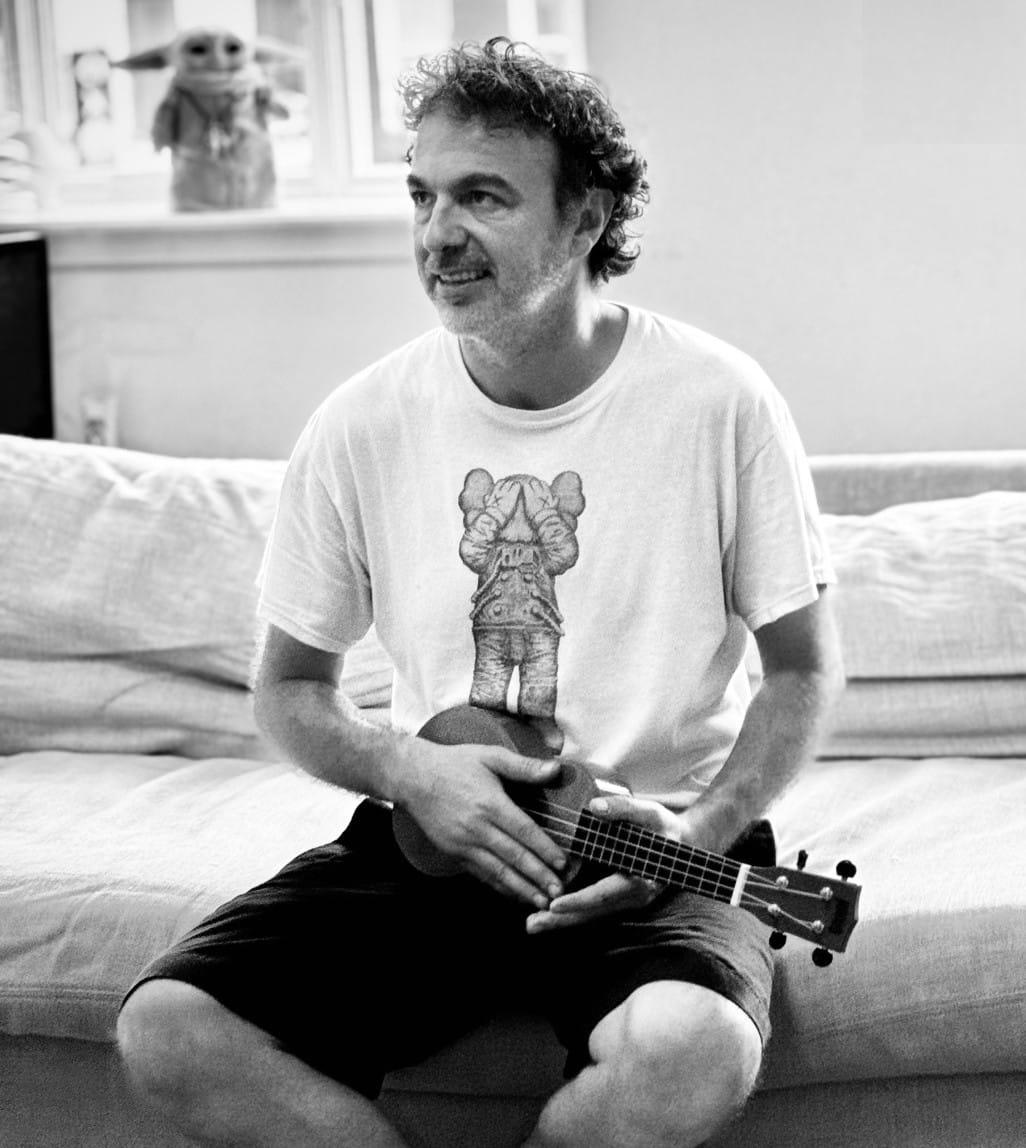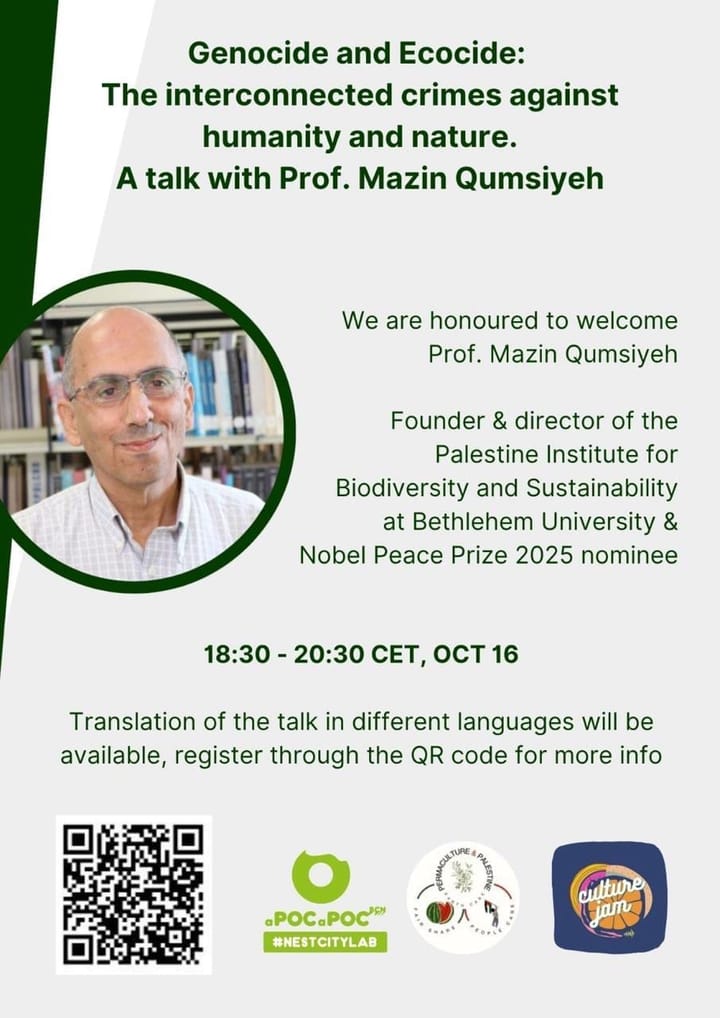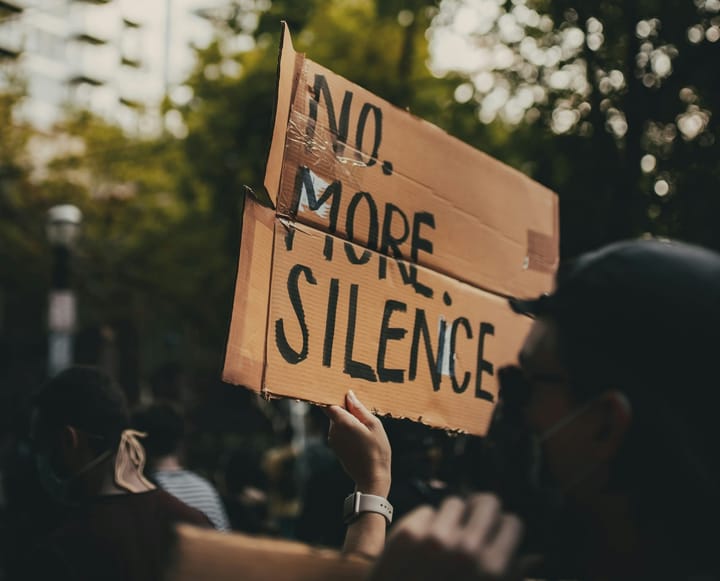Claudia Sheinbaum: activist, scientist, politician, and the first woman president of Mexico

by Pablo Meyer Rojas
On the 2nd June 2024, Claudia Sheinbaum Pardo was elected president of Mexico. Her election represents three firsts for the Mexican presidency: the first woman, the first person of Jewish descent, and the first scientist to hold the office. She won a large majority in both chambers with a mandate of 60% of the voters, making her the most-voted-for candidate in Mexican history. As she enters office on 1st October 2024, her majority will be strong enough to allow her to modify the constitution.
Sheinbaum is an accomplished scientist. Her research has more than 7,000 citations, half of them from contributing to the 2001 report of the Intergovernmental Panel on Climate Change (IPCC), work that won the 2007 Nobel Peace Prize. She was a student at the National Autonomous University of Mexico (UNAM), studying physics. Her bachelor’s thesis was on the thermodynamics of domestic wood-burning stoves in the P'urhépecha region of Michoacan. In 1994, she completed her doctoral thesis at the Lawrence Berkeley National Laboratory in California on energy engineering with a focus on Mexican energy systems. She still publishes papers, most recently on the impact of COVID in Mexico City. Sheinbaum is highly articulate and clear when she talks about science or technical questions. Sheinbaum says: ‘I’m someone who makes decisions based on data.’
Her early commitment to social causes included taking part in the 1987 massive strike at UNAM where a generation of activists and now current politicians were formed. During that strike she met her first husband, Carlos Imaz Gispert, who was a leader of the movement. After five years as faculty at UNAM, she entered government in 2000, when the then Mayor of Mexico City Andres Manuel Lopez Obrador (AMLO) appointed her as the city’s Secretary of the Environment. After a subsequent defeat in the 2012 presidential election, AMLO and Sheinbaum broke from the mainstream left party and built a new party, Morena (National Regeneration Movement).
In 2015, Sheinbaum won the mayoralty of the borough of Tlalpan in Mexico City. In 2018, when AMLO won the presidential election in a landslide, Sheinbaum ran to succeed him as Mayor of Mexico City and won office. As Mayor, she faced a powerful and destructive earthquake in 2017, the 2021 collapse of a subway line that killed 26 passengers, and the pandemic. These major events arising from deteriorated public infrastructure somehow eclipsed her progressive policies, which included implementing scholarships for kids and low-carbon alternatives for mobility, including developing bike lanes, and two new aerial cable-car routes to poor neighborhoods.
The pandemic showed Sheinbaum’s scientific approach to public policy: she wore masks in public, and recommended citizens do so, and she sent public-health supplies (masks, alcohol wipes) to the citizens of Mexico City. However, this crisis also revealed important differences with her political mentor AMLO, who never wore a mask nor encouraged others, and the Mexico City public-health kits included the controversial antiparasitic ivermectin, as part of an ‘unethical’ study.
Her independent pandemic policy points to the question mark that flies above Sheinbaum: Will she be the rational, fact-based scientist she was and that sometimes appears? Or will she govern under the shadow of AMLO, the outgoing president and her mentor?
![Claudia Sheinbaum and Andrés Manuel López Obrador meeting voters in a huge crowd. [Image: Luis Antonio Rojas]](https://www.iuscientists.org/content/images/2024/08/3-Amlo-copy-1.jpg)
Completing his term with an approval consistently above 60%, AMLO is a hugely popular figure in Mexico. He is a charismatic populist who knows the masses well, and how to communicate with them, using colloquial expressions such as “fifi” to dismiss the elites. His popularity derives in part from populist initiatives, including a large increase in the minimum wage, an expansion of cash transfers to the poor, and investment into infrastructure projects, policies that have reduced poverty and that are key to Morena's electoral dominance. Nevertheless, overall economic growth was stagnant, and some of the infrastructure projects are pharaonic in scale, including the controversial Mayan train that is planned to cut through the Yucatan Jungle. Worse, violence remained high; in one puzzling moment, AMLO greeted the mother of El Chapo Guzman, an infamous drug dealer. As president, he has been parochial, traveling only to Chile, Colombia and the USA and never leaving the Americas. He takes any criticism as an attack on himself. He embraced fossil fuels. President AMLO also appointed another activist-minded scientist, Maria Elena Alvarez-Buylla Roces, to head the Science Council (CONAHCYT), with disastrous results: a splintered scientific community with a terrible funding situation.
As AMLO’s natural heir, Sheinbaum sometimes appears to emulate her mentor and approves of most of his decisions, seemingly without blinking. After being criticized during the first presidential debate for not talking about the president’s achievements, she did so in the following ones. When asked why she supported her mentor’s decisions, Sheinbaum answered: “You can’t deny what you believe.”
We always hope that things will be better, in countries like Mexico we have to. So, I do hope that Claudia Sheinbaum, a President of many firsts, will be a rational, strategic, and scientific head of state who will embrace the world.
![Sheinbaum (center) accepts a ceramic gift at a campaign event. [Image: Luis Antonio Rojas]](https://www.iuscientists.org/content/images/2024/08/Luis_Sheinbaum_25-copy.JPG)
P.S. As of July 2024, things are looking good: CONAHCYT has been elevated to be the first-ever Secretariat of Science, Humanities, Technology and Innovation, and biologist Rosaura Ruiz Gutiérrez, a moderate, has been named to lead it.
Pablo Meyer Rojas studied physics at the National Autonomous University of Mexico (UNAM) and did a PhD in biology at The Rockefeller University. He currently works on models applied to biology.





Comments ()